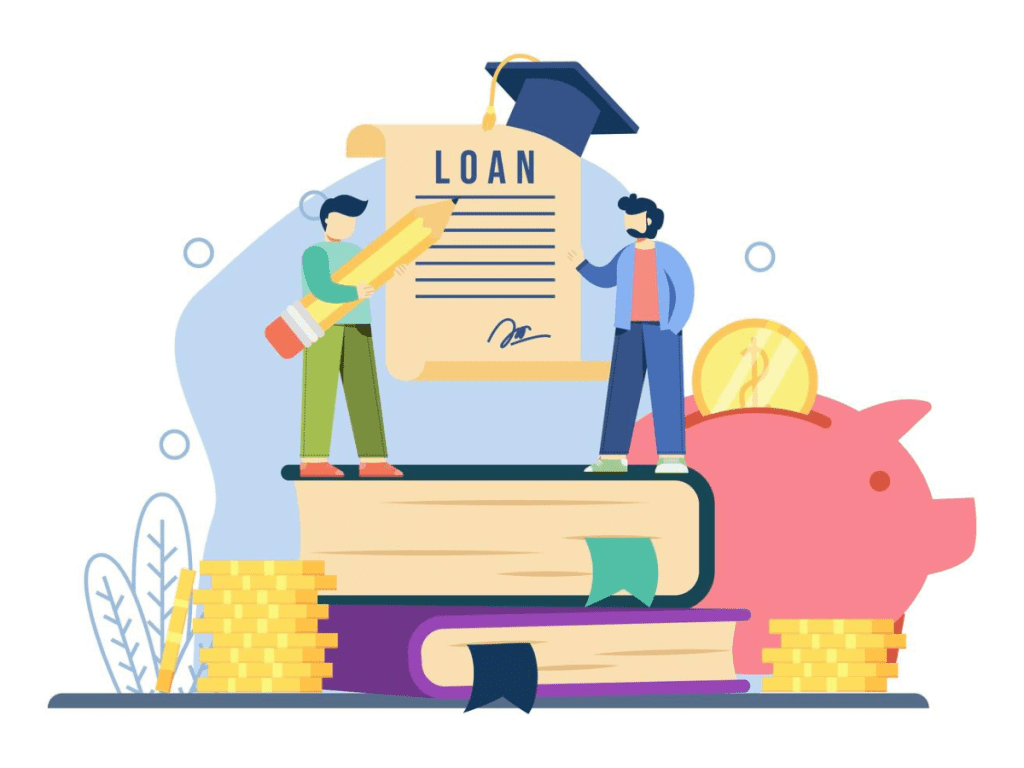introduction
Debt consolidation loans are a popular solution for individuals struggling with multiple sources of debt. By consolidating multiple debts into a single loan, you can simplify your finances and, in some cases, reduce your overall interest rates. However, like any financial decision, there are both benefits and drawbacks to consider before moving forward. Here’s a closer look at the pros and cons of debt consolidation loans.
What is Debt Consolidation?
Debt consolidation involves taking out a new loan to pay off multiple existing debts. This loan consolidates your balances into one, leaving you with a single monthly payment instead of managing multiple creditors. Debt consolidation can apply to different types of debt, including credit cards, personal loans, medical bills, and student loans.
Pros of Debt Consolidation Loans
1. Simplified Payments
One of the biggest advantages of debt consolidation is simplifying your financial life. Instead of managing multiple payments with different due dates, interest rates, and amounts, you only have one loan to worry about. This can make it easier to keep track of your debt and avoid missed payments.
2. Lower Interest Rates
If you qualify for a debt consolidation loan with a lower interest rate than your existing debts, you can save money over time. Credit card interest rates, for example, can be very high—sometimes upwards of 20%—so consolidating into a loan with a lower rate (such as a personal loan or home equity loan) can help reduce the amount you pay in interest.
3. Improved Credit Score
Debt consolidation can improve your credit score in the long run if you make timely payments. Consolidating high-interest credit card debt into a loan with a lower interest rate can also reduce your credit utilization ratio, which is a factor that influences your credit score. Additionally, making consistent, on-time payments helps demonstrate your ability to manage debt responsibly.
4. Fixed Payment Terms
Many debt consolidation loans offer fixed repayment terms, meaning you’ll have a clear, predictable monthly payment amount and an established repayment timeline. This predictability can make it easier to budget and plan for the future, and you’ll know exactly when you’ll be debt-free.
5. Potential for Lower Monthly Payments
If you extend the term of your loan when consolidating, your monthly payments may be lower than the combined payments on your original debts. While this can free up cash flow in the short term, it may increase the total interest you pay over the life of the loan (depending on the term length and interest rate).
Cons of Debt Consolidation Loans
1. Possible High Fees
Some lenders charge fees for debt consolidation, such as origination fees or balance transfer fees, which can reduce the savings from consolidating. Additionally, if you consolidate through a home equity loan, there may be closing costs involved. It’s important to understand any fees associated with the loan before committing.
2. Securing the Loan May Be Difficult
If you have poor credit, you may have trouble qualifying for a debt consolidation loan with favorable terms. Lenders typically offer the best rates to borrowers with good credit scores. If your credit is low, you might need to turn to a secured loan, such as a home equity loan, which carries the risk of losing your property if you fail to repay the loan.
3. Potential to Increase Debt
While debt consolidation can make it easier to manage your payments, it doesn’t address the underlying issue of overspending. If you consolidate your debt but continue to rack up new debt, you could end up in a worse financial situation. Without proper budgeting and spending discipline, you might find yourself facing even more debt after consolidation.
4. Loss of Benefits (for Federal Student Loans)
If you consolidate federal student loans into a private loan as part of your debt consolidation strategy, you could lose access to important benefits, such as income-driven repayment plans, loan forgiveness programs, and deferment options. It’s important to weigh the pros and cons before consolidating federal loans, as the loss of these protections can be significant.
5. Longer Repayment Terms May Mean More Interest
If you choose a consolidation loan with a longer repayment term (e.g., 5 or 10 years), you may end up paying more in interest over the life of the loan, even if the monthly payments are lower. A longer repayment term spreads out your payments, but it can also result in you paying more in interest than you would with a shorter loan term.
6. Possible Risk of Collateral
If you use a secured loan for consolidation, such as a home equity loan or auto loan, you risk losing the asset (e.g., your home or car) if you are unable to repay the loan. This makes it essential to ensure you can afford the loan before moving forward with this type of consolidation.
When Is Debt Consolidation a Good Idea?
Debt consolidation can be a good idea if:
- You’re Struggling with High-Interest Debt: Consolidating high-interest debt (such as credit cards) into a loan with a lower interest rate can save you money over time.
- You Need Simplified Payments: If managing multiple debts is overwhelming, consolidation can simplify your payments into one manageable amount.
- You Have Good Credit: If you have a strong credit score, you may be able to qualify for a debt consolidation loan with favorable terms, including a lower interest rate.
- You’re Committed to Changing Your Spending Habits: Debt consolidation should only be used if you are ready to control your spending and avoid accumulating new debt.
When Should You Avoid Debt Consolidation?
Debt consolidation may not be the best option if:
- You Can’t Afford the Loan: If you’re already struggling to make payments on your debts, taking on another loan may not be feasible.
- You Have Poor Credit: If you’re unable to qualify for a debt consolidation loan with favorable terms, consolidating may not provide the financial relief you expect.
- You Haven’t Addressed Your Spending Habits: Consolidation doesn’t solve the underlying issue of overspending. Without budgeting and lifestyle changes, you may end up in more debt.
Conclusion
Debt consolidation loans offer several benefits, including simplified payments, potentially lower interest rates, and improved credit scores. However, they come with drawbacks, such as the possibility of higher fees, longer repayment terms, and the risk of losing valuable loan protections. Before consolidating your debt, carefully assess your financial situation, determine whether consolidation is right for you, and ensure that it aligns with your long-term financial goals.

